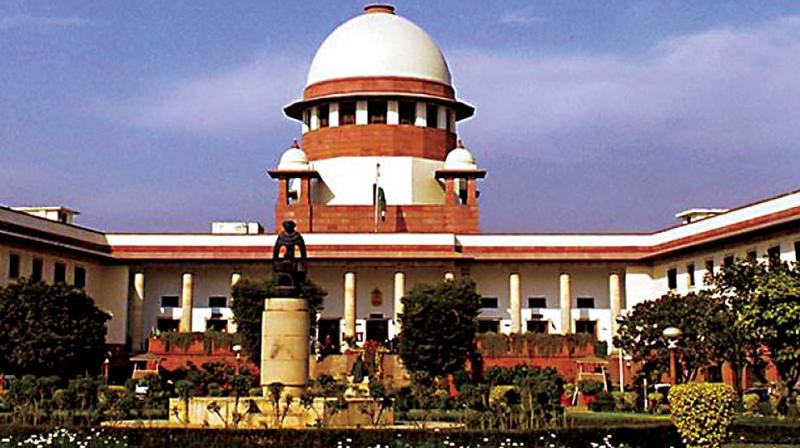Supreme Court rejects Kerala plea on salary order

New Delhi: What is the guarantee that money collected by the state will go into disaster relief alone, the Supreme Court asked Kerala and rejected its plea for collecting one-month salary from its employees compulsorily.
A bench of Justices Arun Mishra and Vineet Saran made this observation while dismissing an appeal filed by the state against a Kerala High Court order quashing the government order. As per the GO, the state government had asked its employees to contribute one month’s salary to the Chief Minister’s Distress Relief Fund for rebuilding the state.
The government also asked those who are unwilling to take part in the challenge to submit ‘no consent’ letters. The High Court had quashed the GO describing it as ‘extortion’ by the government from its employees. The present appeal is directed against that order.
Senior counsel Jaideep Gupta defended the GO and pleaded that the order should be made applicable only to those who are voluntarily interested to give.
Justice Arun Mishra told the counsel, “we judges had given Rs 25,000 to the Kerala flood relief fund if some of us are not willing to give, why should we make it public and attract attention to ourselves? What is the guarantee that money collected will go into disaster relief alone?”
Justice Vineet Saran told the counsel, “people should be asked to give only what they can afford to give. Government should pass orders keeping that in mind. The High Court took the right decision.”
When Jaideep Gupta sought permission to modify the order to apply only to persons who are voluntarily interested to give, Justice Mishra said, “if necessary you (government) may do that. That is the decision of the government. We will not interfere with the High Court order.” The bench then dismissed the appeal.
The High Court had held that the government has no right to deduct even one day’s salary from the employees without their consent. The chief minister had made only a request whereas orders passed by the government were contrary to it. They were issued without properly understanding the laudable objective behind the request while trying to implement it in the form of an order, the court held.

